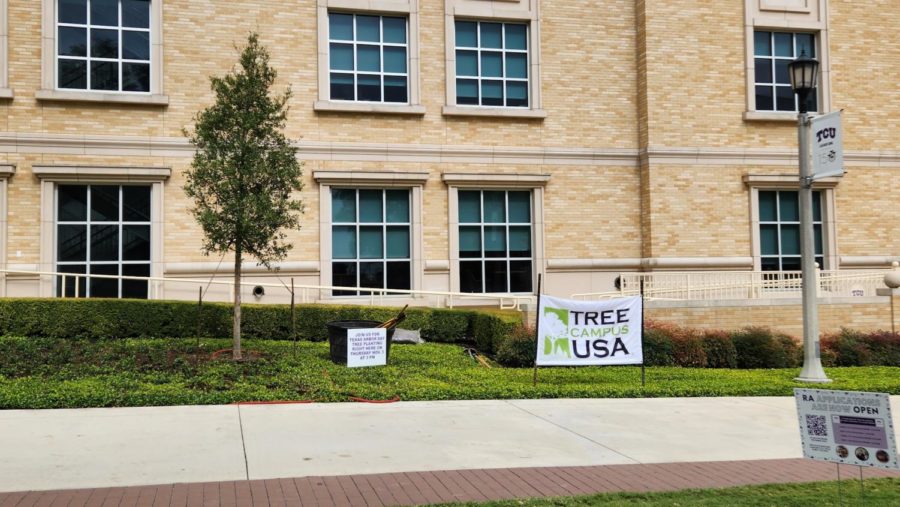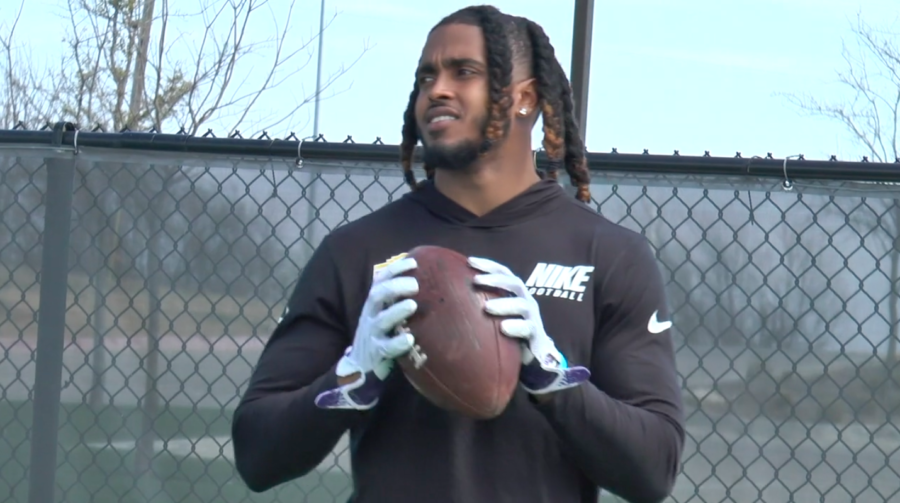North Texas high schools are investigating whether or not electrocardiography, or ECG, testing should be a standard of care for student athletes.
Over 8,000 Keller and Richardson ISD high school student athletes and band members have been asked to participate in the local cardiac study.
The four-year pilot study is led by UT Southwestern Medical Center’s , Dr. Benjamin Levine.
While joint and muscle issues are common concerns for student athletes, unknown cardiac issues also pose a risk.
“A lot of times it’s the things that we don’t know about,” Central High School football coach, Bart Helsley, said. “Conditions that they might have, that’s usually a big concern.”
While physicals provide a baseline assessment of student’s health, a number of cardiac conditions can not be found in a routine physical– some are only found in ECGs or are inherited disorders, said Levine.
The issues that the ECG tests for are rare but can be fatal.
Keller ISD athletic director Bob DeJonge, said there has not been a cardiac event among student athletes in the district since he arrived 26 years ago.
“The risk is what do you do with the testing results,” Levine said. “Particularly all the downstream tests and procedures that may follow. We want to know if having an ECG helps or hurts.”
One of the issues raised by Levine in regards to ECG testing is that it may keep people from playing various sports.
Patrick O’Connell, a Central High School football player, said he isn’t concerned about cardiac issues, he thinks keeping an athlete from playing is a downside, but better in the long run.
Dr. Levine’s study is more relevant than ever due to the proposed Texas legislative bill mandating unfunded ECG testing for student athletes.
Mandatory ECG testing raises issues such as affordability.
“There’s good things and bad things,” Clarissa Golden a Central High School athletic trainer said. “The bad thing obviously is the cost. That is a big concern because I don’t think all families can afford them.”
Levine said he feels that as a physician, it might not be necessary for every athlete.
“My mind is open though. I just want the truth,” Levine said.
While many issues play into the decision of whether or not ECGs could be mandatory, the study is set to gather data that has the potential to help the legislative branch make a well-informed decision.
“I think that in the end, what people are doing is they’re trying to make it as safe as possible,” Helsley said. “Any time that there is a high cost involved it’s always cause to stop and think about what’s going on.”
DeJonge said that many in the district were eager to be a part of the data collection to help aid such a big decision, particularly because the big question won’t be answered right now.
“I think that we are first and foremost interested in students’ safety,” DeJonge said.






![Club founders [From left to right] Wesley Adams, Henry Cawood, and Gabriela Yarbrough. Image credited to Ellie Griffin](https://tcu360.com/wp-content/uploads/2025/04/Screen-Shot-2025-04-27-at-4.14.22-PM-1200x715.png)



